Preliminary Design Research Interviews
Transcend recently partnered with Morrissey Goodale to conduct a market survey with small and medium-sized engineering firms focused on preliminary design in the water industry.
As part of the research data collection phase, interviews were conducted with 26 professionals from 22 reputable organizations involved in providing client services, primarily in water and wastewater treatment engineering. There was representation from firms in 15 different states and all regions of the United States. During the interviews, participants were asked to describe the different types of projects that they work on and the various designs they perform.
Additionally, interviewees watched a Transcend Design Generator (TDG) introductory video in support of the research to discuss how advances in design automation and artificial intelligence can accelerate the digital transformation of these firms and the services they provide.
Below is a short summary of the research study. If you’d like to learn more about the results of the study or about design automation, please e-mail info@transcendh2o.com
Industry Challenges
With the significant federal investments in water infrastructure expected in the coming years, a shrinking labor force, as well as costs volatility; stakeholders (i.e., engineering firms, local governments, and utilities) are finding value in forming partnerships earlier in the project planning and conceptual design phases.
Water and wastewater leaders interviewed as part of this project provided commentary on a variety of issues from finding and retaining process engineers to long lead times in the project planning and capital budgeting processes. Below are some of their comments:
“Staff hiring and retention is a concern for everyone, and leaders may not yet recognize how automation can help address the issue.”
“Being able to accurately project to the client ‘what is needed and why’ early in the process is critical to the success of treatment plant jobs.”
“Remote work has made the process less productive and there are fewer face-to-face meetings with clients.”
Opportunities Using Design Automation Tools
When presented with a quick video introducing the TDG, interviewees identified certain benefits and areas where the technology can be leveraged to save time during preliminary designs and ultimately unlock growth opportunities. We’ve highlighted a few initial remarks below:
“The cost estimating is an interesting feature that would save us time.”
“It’s a good economic outcome without having to invest all those man-hours to develop P&IDs.”
“It’s slick way for a big picture cost-benefit analysis.”
Questions & Answers
Interviewees had their own questions related to the applicability and capabilities of TDG. Below are some of the questions that came up along with Transcend’s corresponding answers:
- What is the difference between the versions of TDG?
The TDG base platform features Metcalf & Eddy standards. The enterprise version of TDG allows our clients to configure the tool to integrate their specific design rules, input fields & ranges, and technologies.
- In the case of running multiple scenarios for a project, will TDG tell me which iteration I should select?
TDG will generate a comparison document, but the decision of what scenario to select is up to the engineer.
- Is TDG a replacement for SIMBA/BioWin/GPSX?
No. TDG uses an industry standard biological process simulation tool in the background for process design. Our enterprise clients have the option of using their own biological simulation of choice as the baseline for a plant design.
Conclusion
Automation tools like the Transcend Design Generator are rapidly taking over a variety of day-to-day tasks previously accomplished manually and enabling firms to improve how employees spend their time. AEC/EPC Firms that have adopted these tools are already seeing benefits in decreased internal costs & increased margins, added value to clients through optioneering, and better quality of life for their engineering teams.
If you’d like to speak with someone at Transcend, you can contact the team at info@transcendh2o.com


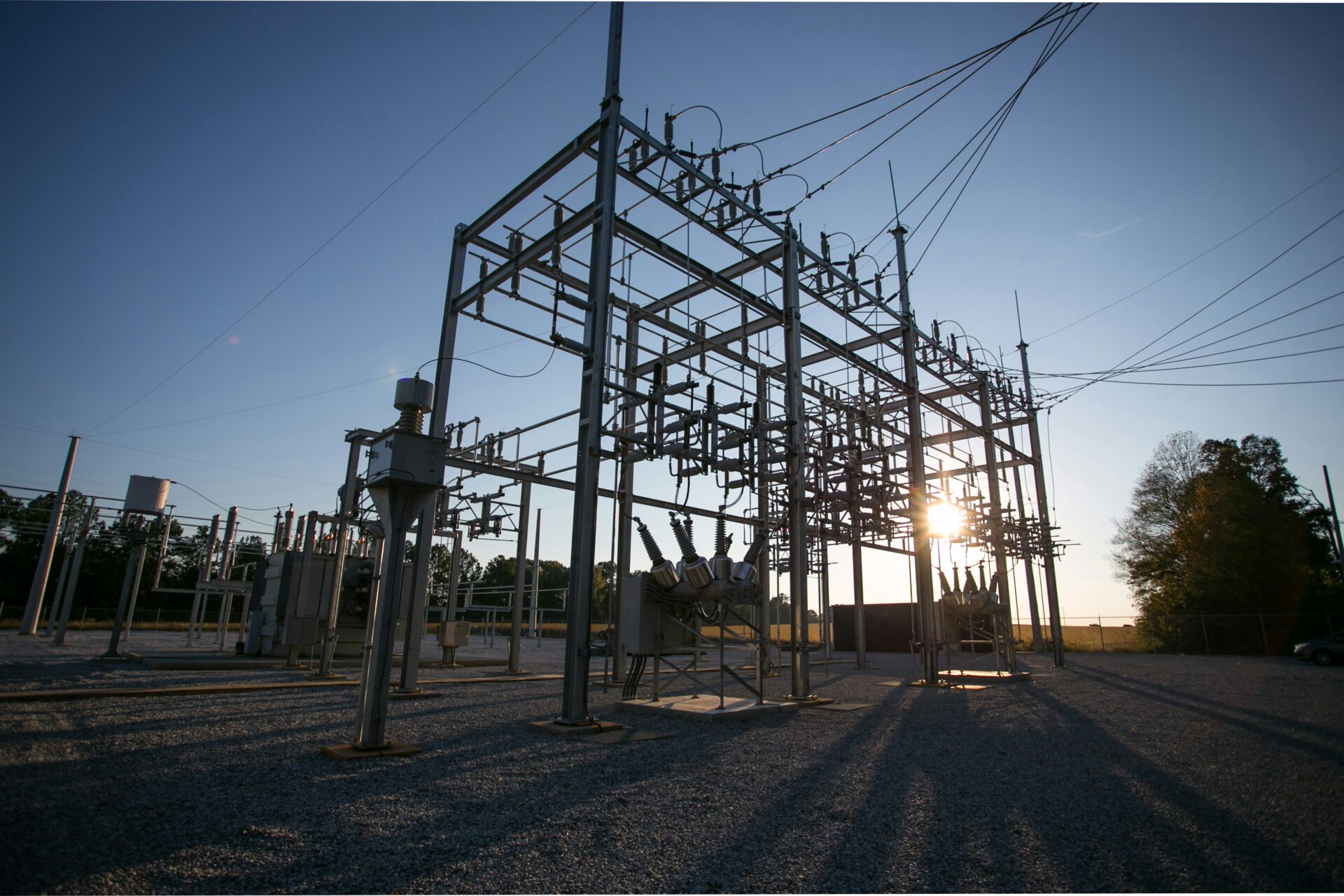
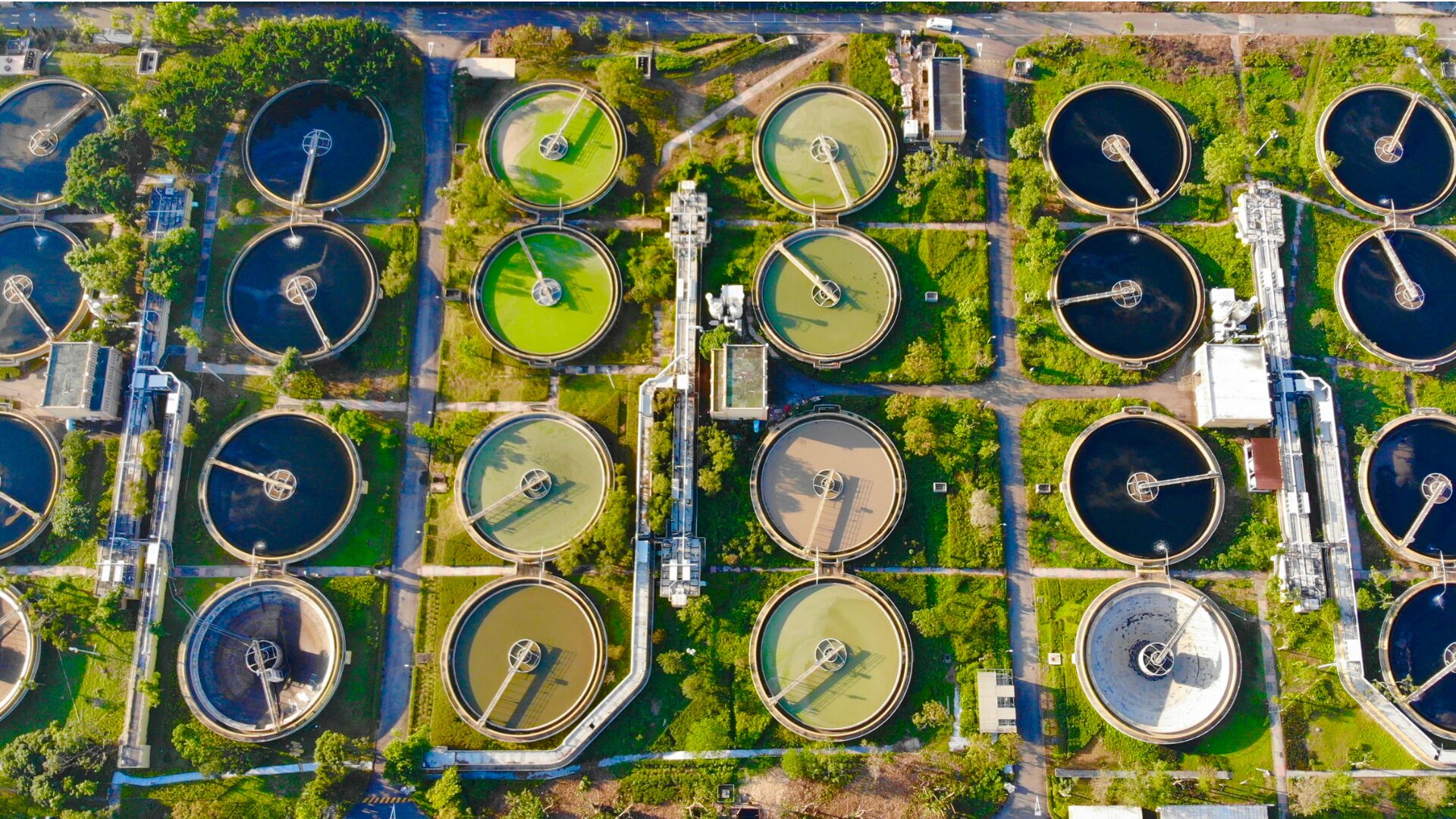

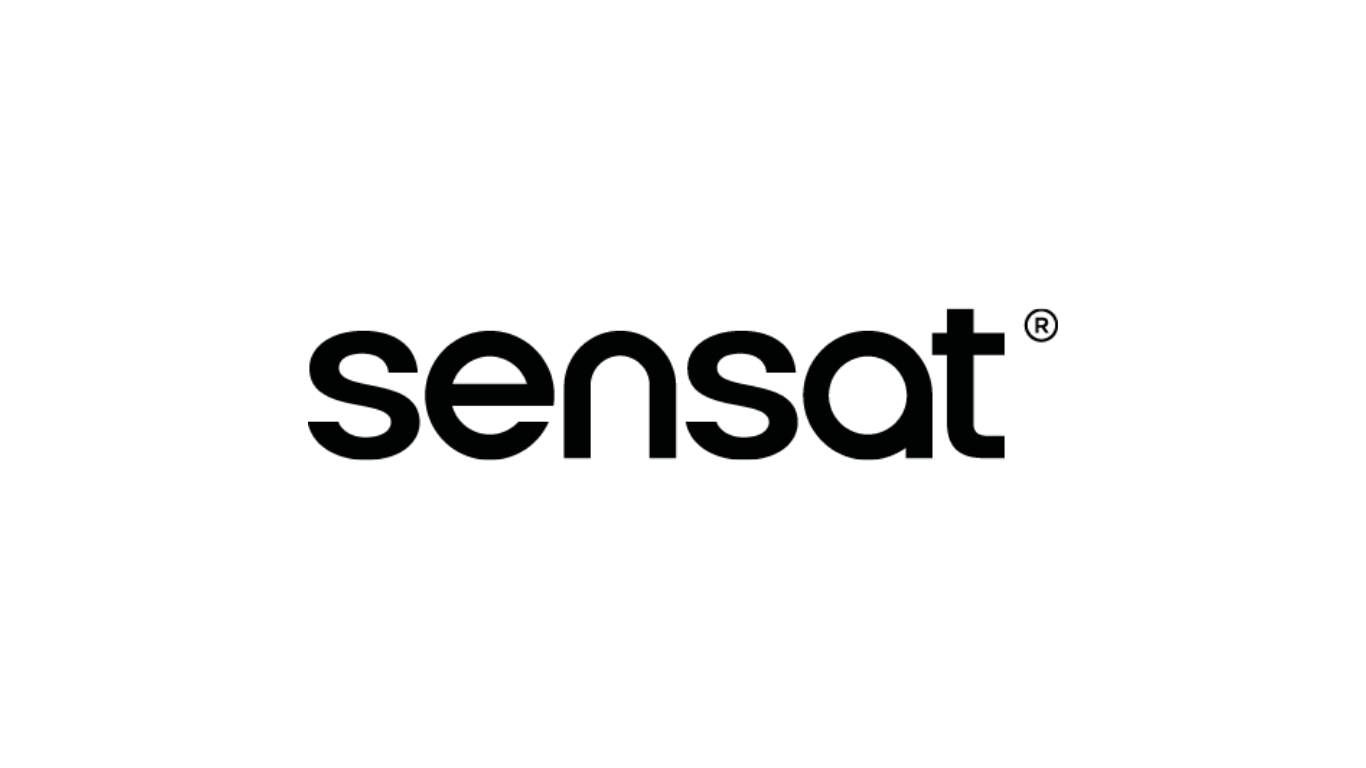
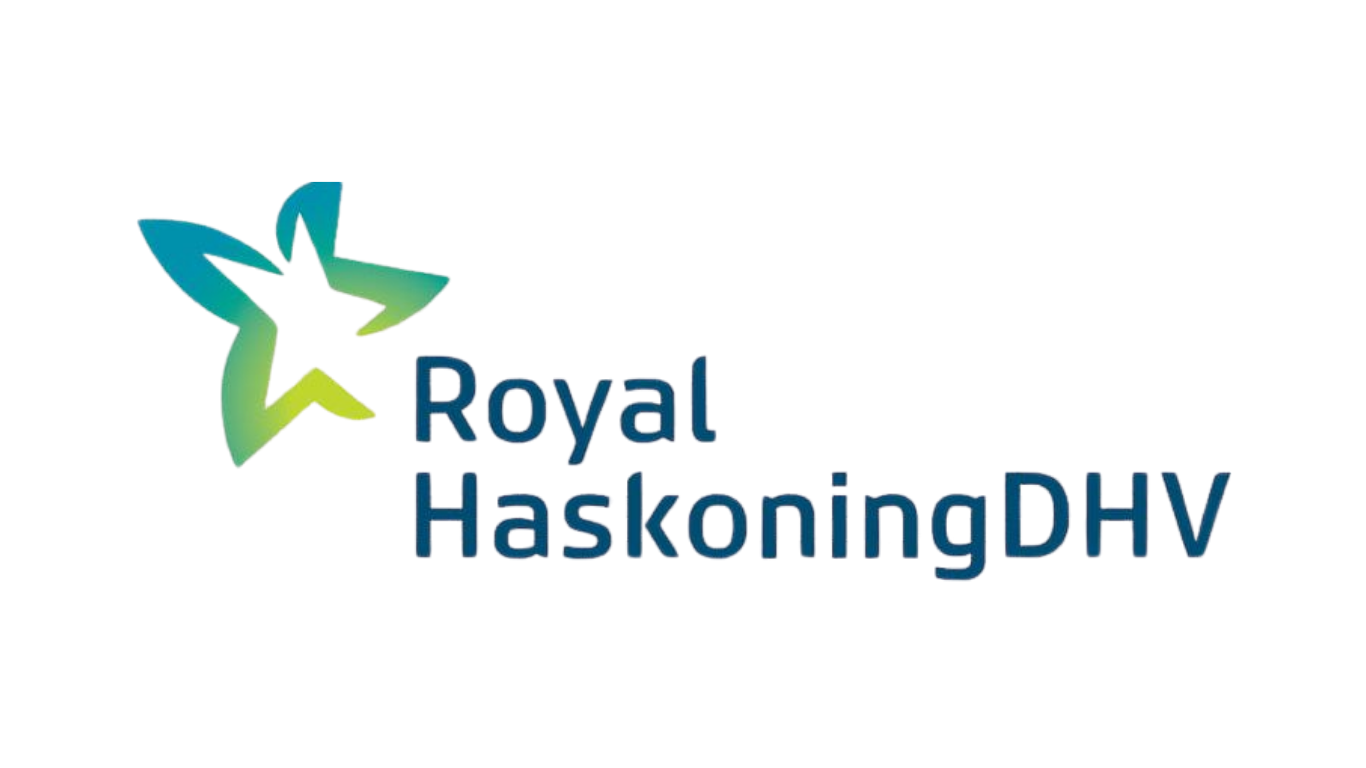
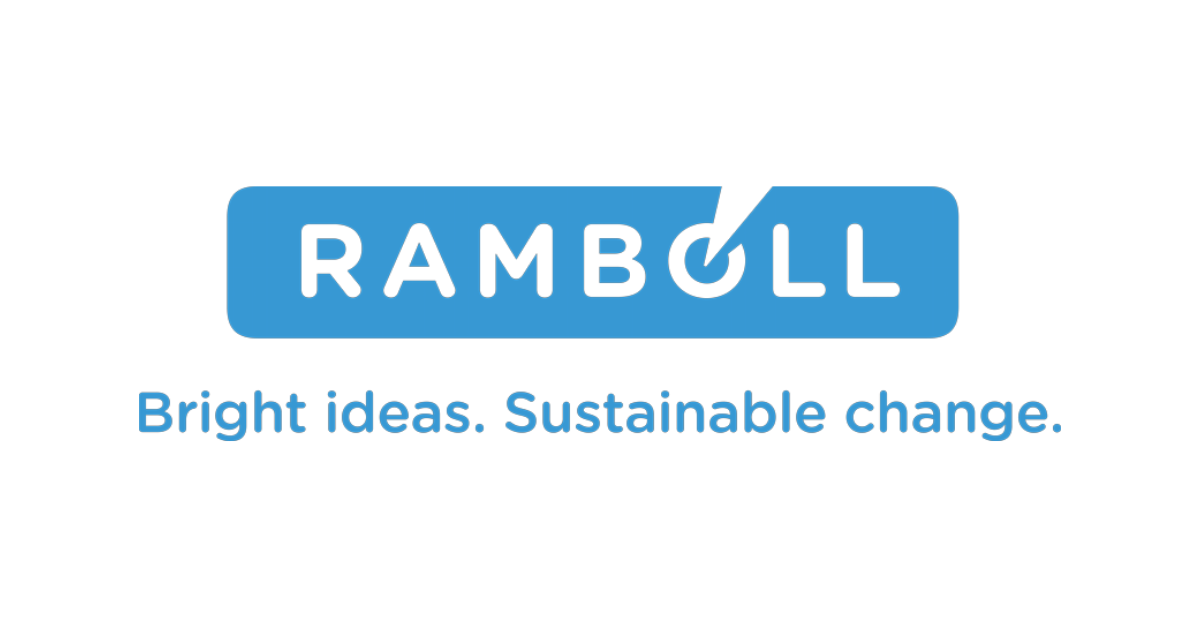
 WWTP Design
WWTP Design  Substation Design
Substation Design  Utility Interconnection Hub
Utility Interconnection Hub 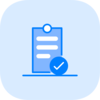 White Label Proposal Generator
White Label Proposal Generator  PFAS Feasibility Study
PFAS Feasibility Study  Booster Station Design
Booster Station Design  Value Discovery Program
Value Discovery Program